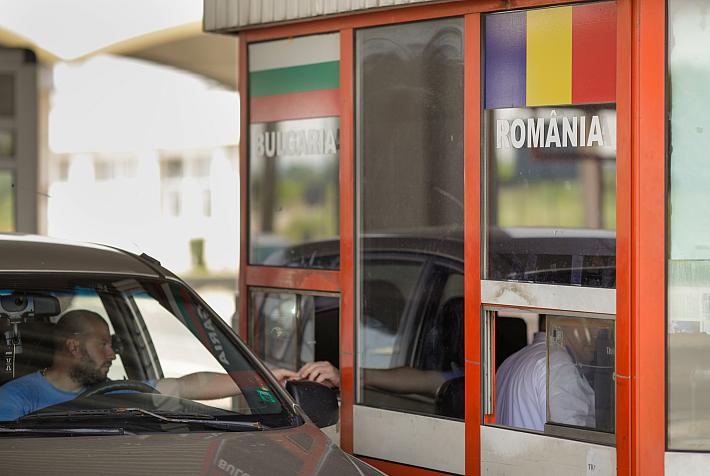Romanian ruling coalition leaders publicly disagree on new solidarity tax on wages above EUR 1,000

The idea of an additional tax on state employees with salaries above EUR 1,000 is unacceptable to coalition co-leader Crin Antonescu and the party he leads, the Liberal Party (PNL), which is another element of discontent within the Social Liberal Union USL. Prime Minister Victor Ponta, head of the Social Democratic Party (PSD) and co-leader of the USL recently said salaries above EUR 1,000 would be further taxed by 10 percent, in a so called 'solidarity tax'. The PNL however categorically opposes the tax and said the extra revenues to the state budget would be insignificant.
The PNL leader reminded of the pledge made by USL, to not increase taxes. “Other measures need to be taken to create new jobs and increase budget revenues,” said Antonescu.
This seems to be another sore point for the USL, after disagreements over naming general prosecutors and after several public statements looked like bickering.
Prime Minister Victor Ponta recently said the solidarity tax would be applied for a limited period of time, a year or a year and a half. The amounts collected from this new tax would cover the social tariffs for energy or to support the recalculated pensions for the military. According to media reports quoting Government sources, this tax would bring RON 10 million – or EUR 2.2 million to the state budget. Should it apply to all salaries above EUR 1,000 – including in the private sector and pensions, the amount raised would reach RON 200 million – or some EUR 45 million.
This tax would apply to all employees in the public sector with a salary above that threshold, as well as for companies in which the state is the majority or sole owner.
The idea has been presented before, but the suggested tax level was 16 percent in the past. The PM also previously said the ruling coalition the Social Liberal union USL plans to apply different tax levels from 2013, depending on salary level. His previous statement was met with disapproval from the National Union of Public Employees, saying the tax was discriminatory and that they would try to block such a measure by any legal means.
Romania enforced a 25 percent salary cut for state employees in 2010, a measure meant to help the country weather the financial problems. The Government has managed to only partially increase the salaries of state employees during the years that followed the large cut.
editor@romania-insider.com












